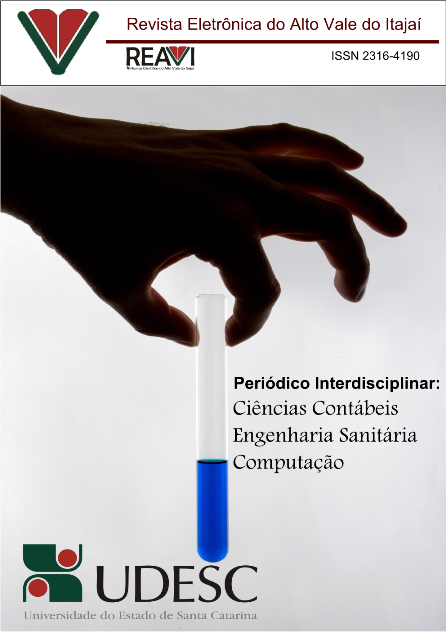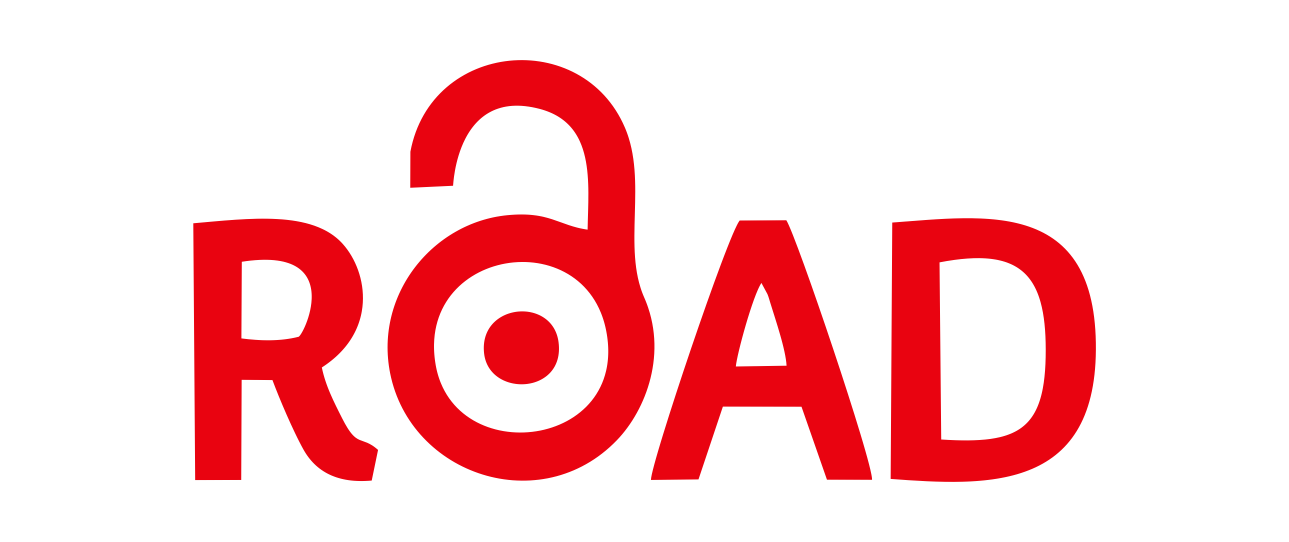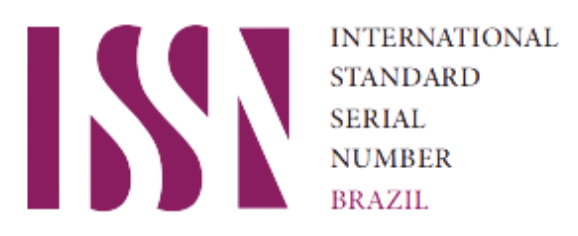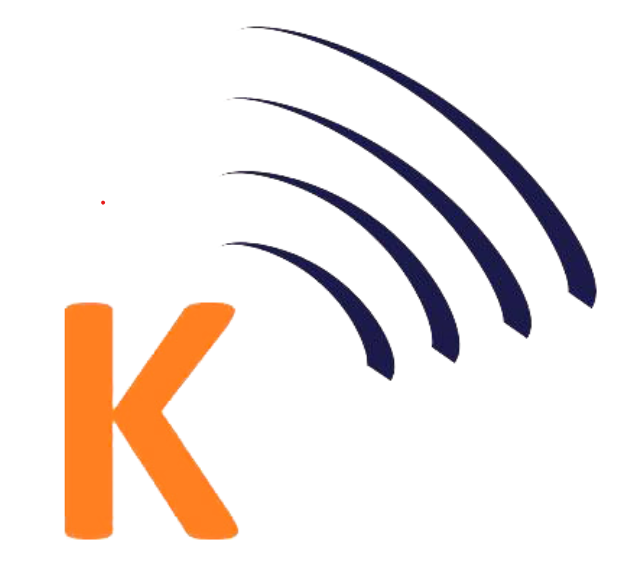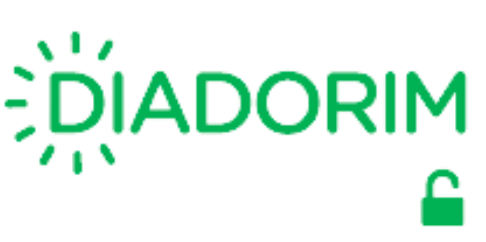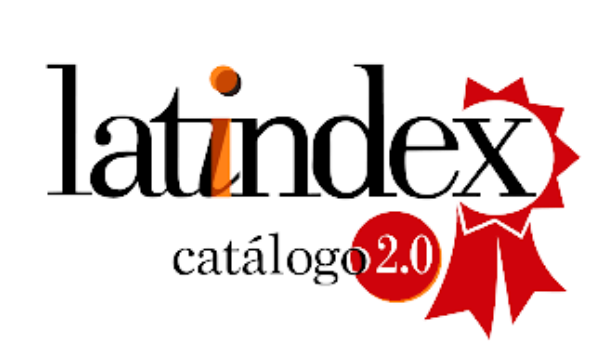Nivel de conocimiento sobre sistemas Linux: un estudio con estudiantes de sistemas de información
DOI:
https://doi.org/10.5965/2764747102032013115Palabras clave:
Linux, conocimiento, sistemas, sistemas operacionalesResumen
Este artículo tiene como objetivo identificar el nivel de conocimiento de un grupo de estudiantes de Sistemas de Información con relación a los sistemas Linux. Para ello, nos basamos en el análisis cuantitativo y técnico de un cuestionario, realizado con la clase 2013/1 del Centro de Educación del Alto Vale do Itajaí, de la Universidad Estadual de Santa Catarina. Como resultado, podemos atestiguar que este grupo, con un conocimiento considerable en las áreas tecnológicas, considera Linux un sistema de nivel de dificultad intermedio.
Descargas
Citas
ARAÚJO SILVA, E. L. Inclusão digital no Brasil sob a ótica dos direitos fundamentais da constituição federal de 1988. WebArtigos, 17. Março. 2011. Disponível em: http://www.webartigos.com/artigos/inclusao-digital-no-brasil-sob-a-otica-dos-direitos-fundamentais-da-constituicao-federal-de-1988/61594/ Acesso em: 20 jun. 2013.
GIL, Antonio Carlos. Como Elaborar Projetos de Pesquisa. 4. Ed. São Paulo: Atlas, 2002.
MATTE, A. C. F. Tuxsila: Quem disse que Linux é difícil?.Revista Texto Livre vol. 1 nº 1, Outono. 2008. Disponível em: http://www.periodicos.letras.ufmg.br/index.php/textolivre/article/view/2/1 Acesso em: 12 mar. 2013.
SILVA JUNIOR, E. J. O Linux é difícil?.Viva o Linux, 15. Maio. 2009. Disponível em: http://www.vivaolinux.com.br/artigo/O-Linux-e-dificil Acesso em: 13 mar. 2013.
WAINER, J. Métodos de pesquisa quantitativa e qualitativa para aCiência da Computação.
Jacques Wainer's Home Page, 2007. Disponível em: http://www.ic.unicamp.br/~wainer/publications.html Acesso em: 18 maio 2013.
Descargas
Publicado
Cómo citar
Número
Sección
Licencia
Derechos de autor 2013 Ewerton Wandalen, Gustavo Roger Creutzberg, Lucas Pavanello, Eliana Vogel Jaeger

Esta obra está bajo una licencia internacional Creative Commons Atribución 4.0.

